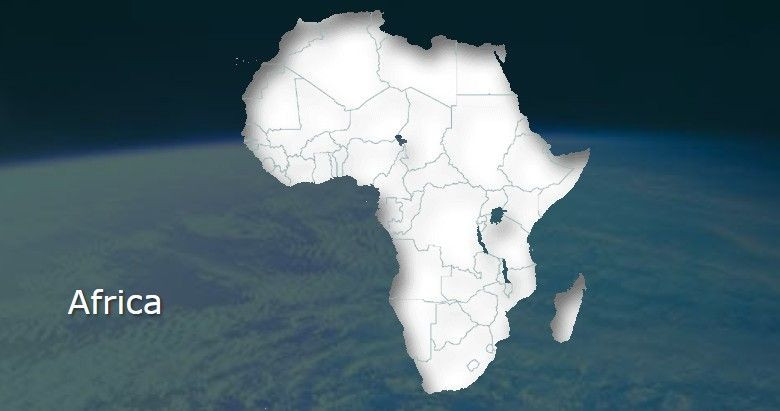
Statistics that emerged at a business conference held concurrently with the Zimbabwe International Trade Fair in Bulawayo this week showed that Zimbabwe exports less than 6% of value-added products.
Similarly, Africa exports 70% of its raw materials.
However, Zimbabwe and the continent are endowed with vast strategic natural resources that are globally sought after.
Zimbabwe, in particular, is a major gold-exporting country. It is among the world's largest producers of platinum, lithium, and coal. Yet, the bulk of these commodities are exported in their raw form.
This deprives Zimbabwe of significant export revenue and jobs. By exporting raw materials, Zimbabwe and the continent are also creating millions of jobs in industrialised nations.
What this also means is that Africa cannot dictate prices on the international market when it exports unprocessed goods. The continent is a price taker.
Under these circumstances, the continent, with around 1,5 billion people, cannot realise the full benefits of establishing the African Continental Free Trade Area (AfCFTA).
The bloc seeks to deepen economic integration and create jobs for millions of African countries' citizens.
- Open letter to President Mnangagwa
- Feature: ‘It’s worse right now than under Mugabe’: Sikhala pays the price of opposition in solitary cell
- Masvingo turns down fire tender deal
- Human-wildlife conflict drive African wild dogs to extinction
Keep Reading
But this process has been painstakingly slow due to a myriad challenges, including Africa’s propensity to export raw materials.
In Zimbabwe repeated policy pronouncements by authorities to build robust value-addition infrastructure, primarily in the platinum and lithium productive sectors, have not been matched with equal implementation vigour.
Mining firms are still lagging behind in setting up processing plants, which would generate significant jobs in a country ravaged by widespread unemployment.
This cycle must be reversed if Zimbabwe and Africa are to realise optimal benefits from their natural resources.
The 65th edition of the trade showcase is being held under the theme: “Revitalising Industrialisation for Zimbabwe’s Economic Resurgence.”
The theme amply demonstrates the urgency of reinvigorating Zimbabwe’s fragile manufacturing base, which is reeling from a myriad challenges, including rising production costs, steep raw material prices, rolling power cuts, and antiquated machinery.
In 2023, former African Export-Import Bank president Jean-Louis Ekra underscored that the continent, through AfCFTA, had huge potential to break the colonial legacy of exporting raw materials and importing finished goods.
“AfCFTA cannot fail, especially given that intra-African trade is estimated at 16%,” he said at the time.
Crucially, Africa’s appetite for attracting foreign direct investment should be driven by the need to establish modern processing systems.
It is foolhardy to encourage foreign investment that perpetuates the export of raw materials. It is high time Africa invested in beneficiation.






